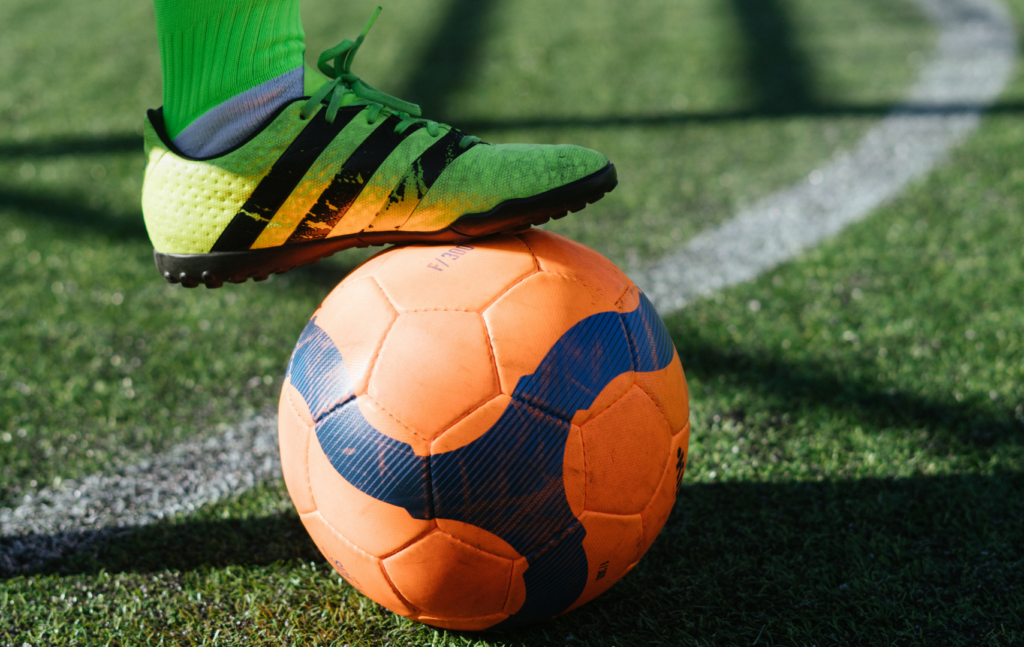The pandemic has made football clubs more vulnerable to match-fixing, according to a statement from the European police organisation Europol at a joint congress with UEFA in The Hague this week.
"Organised crime quickly understood that many football clubs were struggling financially as a result of Covid-19," said Burkhard Mühl, chief of Europol's financial and economic crime department. "Where less money is available for players, coaches and other stakeholders, the chance that they will be tempted to match-fixing increases."
Mühl notes an increase in the number of "suspicious results". Europol and UEFA called 109 representatives of football associations, police and justice from 49 different countries together in The Hague earlier this week to discuss problems around match-fixing and new forms of cooperation. It was the first meeting on the subject on such a large scale.
Related News
- Bored of football? Meet Belgium's roller football pioneers
- Chaos at Union Saint-Gilloise as away team hooligans see final match abandoned
UEFA spoke of "a strong signal that both organisations are here to join forces and do their utmost to eliminate this phenomenon."
Belgian football was rocked by a match-fixing scandal in 2018 when 20 suspects, including agents, referees, coaches and journalists were charged with corruption. The charges ranged from money laundering and criminal organisation to bribery. At least two matches from the Belgium top division were investigated in regard to betting-related match-fixing.

